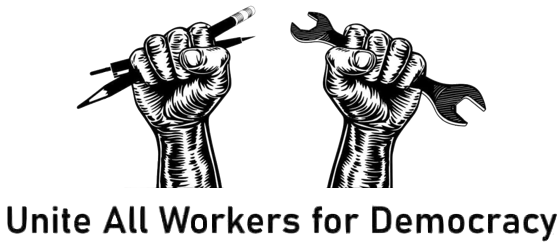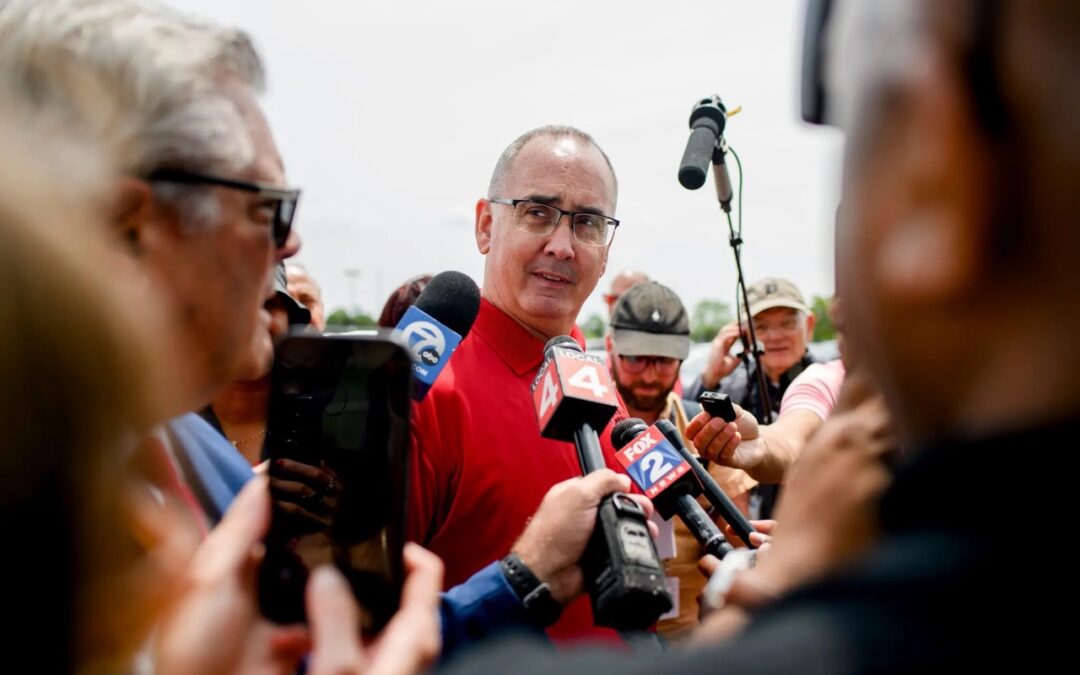Noam Scheiber wrote for the New York Times:
[Shawn] Fain, who won his position in March, is the first president in the union’s history, dating back nearly 90 years, to be elected directly by its members. The change took place after a major corruption scandal engulfed two of his predecessors and several more union officials.
But on another level, the forces that swept Mr. Fain into power are the same ones that have borne down on unions across a variety of industries: a feeling among members that they have spent years enduring out-of-touch leaders, meager wage growth and concession-filled labor agreements, which forced some to do similar jobs as co-workers for less pay.
“We kept being told, ‘This is a good contract,’” said Shana Shaw, a U.A.W. member who has worked at a General Motors plant in Missouri since 2008. “And our members are saying, ‘It’s not a good contract!’” […]
Many U.A.W. members say the tension between the automakers’ goals and the union’s indicates that a strike will be hard to avoid when their contract expires in mid-September. But they do not appear to be shrinking from that possibility.
“We have an extremely well-oiled machine,” said Ms. Shaw, who also serves as a co-chair of the organizing committee of Unite All Workers for Democracy, a reform group within the union that assembled the slate of candidates Mr. Fain ran on. “We’ll be ready to go if happens.”
Read more in the New York Times.

